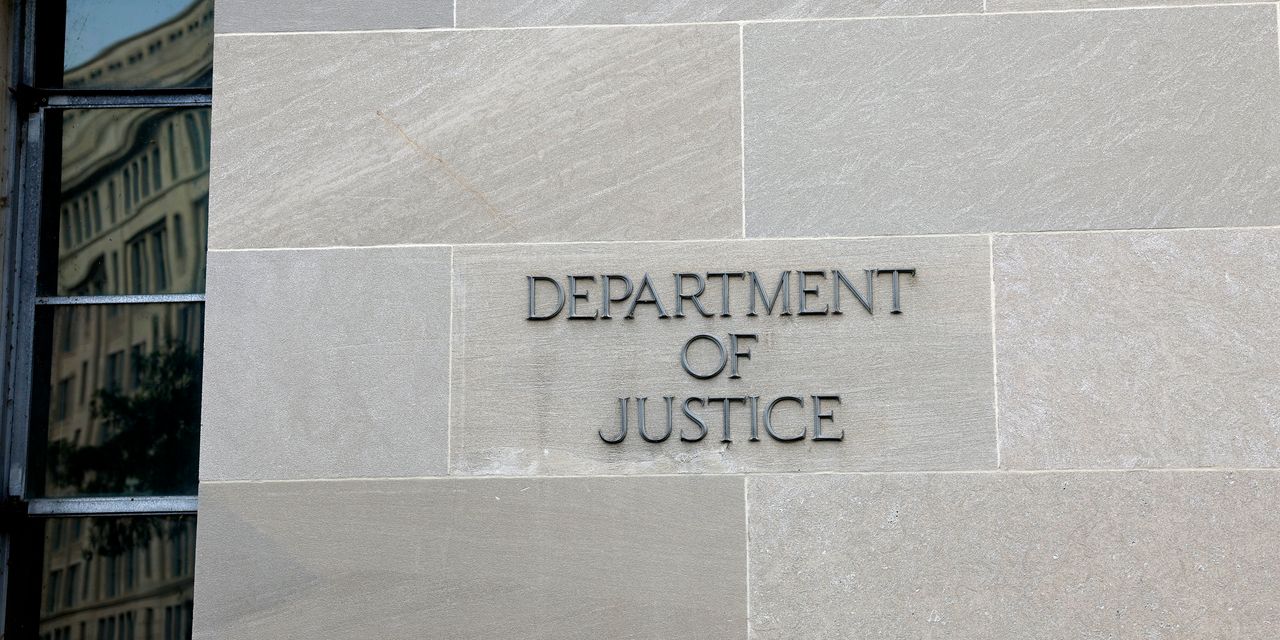Google’s top executives have long established a reputation of saying as little as possible on most topics: Earnings calls. Product development plans. Management moves.
Legal matters are certainly on the list, as the company’s antitrust trial with the Justice Department concludes its third week. The public is barred from listening to the 10-week federal trial, and reporters often encounter a courtroom sealed to the public.
Secrecy around the nonjury trial belies the magnitude of the case, the biggest of its kind in tech, if not American business, since the DoJ tangled with Microsoft Corp.
MSFT,
in the 1990s and early 2000s. After years of investigation, the Justice Department claims Google used contracts worth billions of dollars with Apple Inc.
AAPL,
and other phone makers to elbow aside competing search engines that could lead to changes in Google’s business practices — even a breakup of the tech giant.
Google says it makes the best product, and vendors have a choice to work with other search-engine providers. In his opening statement, Google attorney John Schmidtlein said companies and consumers use Google’s popular search engine “because it delivers value to them, not because they have to.”
Asked by MarketWatch to comment further, a company spokesman declined.
Read more: Google spent billions to build an illegal monopoly, Justice Department says as trial gets under way
Alphabet Inc.
GOOGL,
GOOG,
Google’s parent company, has steadfastly redacted information about the contracts at issue in the case, citing confidential company information, and Google’s lawyers — as well as those at Apple — have consistently asked to seal the courtroom. Before opening statements started on Sept. 12, nearly two-thirds of Google’s motions and responses in the case were sealed, according to the New York Times.
At the same time, criticism has rained on U.S. District Judge Amit Mehta, who has deferred to requests by Google and interested parties like Apple to hold testimony behind closed doors. (On Tuesday, Mehta countered he was relying on federal attorneys to resist persistent attempts by Google and other tech companies to seal the courtroom. He later pushed lawyers to ask more questions in public and wanted to unseal closed-session testimony.)
“A judge’s job isn’t to simply accept a party’s claim that public access to a trial would cause the sky to fall,” The Freedom of the Press Foundation said in a blog post Wednesday.
A cone of silence around such a historic case that could lead to changes to Google’s business practices or a breakup of the company is not surprising, given what is at stake.
“A trial should be open to the public, but there is a balancing act in affording companies some sort of privacy,” lawyer Abiel Garcia said in an interview. “Access to documents does disclose how a company thinks. There is a tension here in how Google wants its users to be transparent about their data, but doesn’t tell you what they are doing.”
Garcia, who presented in a preliminary injunction hearing before Mehta in 2015, said the judge has done an admirable job of respecting Google’s corporate secrets while gradually encouraging more public questioning and disclosures.
Read the full article here




